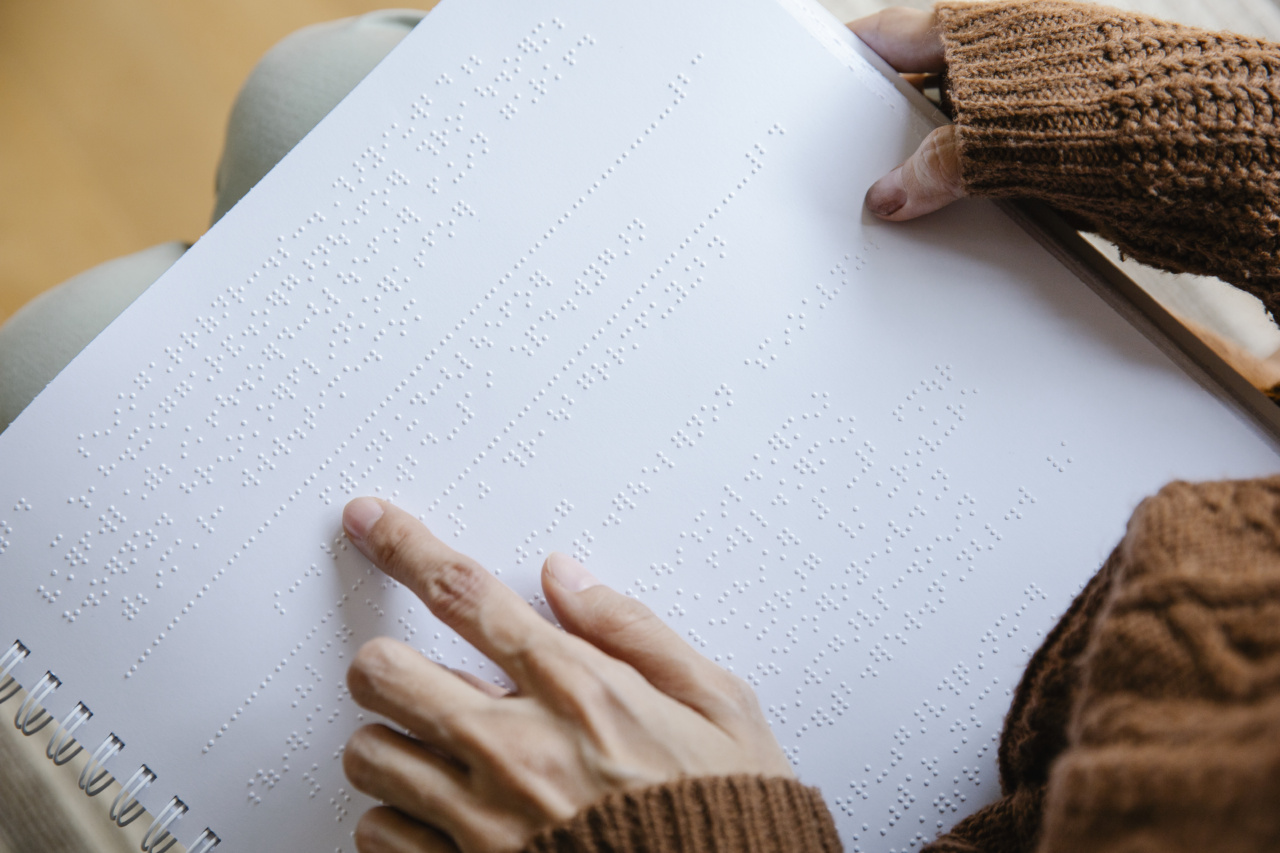Have you ever experienced a numbing sensation in your hands? If so, you’re not alone. Hand numbness is a common symptom that can be caused by a variety of factors. In this article, we will explore 18 possible reasons why your hands might feel numb.
From medical conditions to everyday habits, understanding the underlying causes can help you find relief and prevent further discomfort.
1. Carpal Tunnel Syndrome
Carpal tunnel syndrome occurs when the median nerve, which runs from your forearm to your hand, is compressed or squeezed at the wrist. This pressure can cause numbness, tingling, and weakness in the hand and fingers.
Repetitive hand movements, such as typing or playing musical instruments, can contribute to this condition.
2. Diabetic Neuropathy
Diabetic neuropathy is a type of nerve damage that can occur in individuals with diabetes. High blood sugar levels can injure the nerves, leading to numbness, tingling, or pain in the hands and feet.
Proper blood sugar control is essential in managing this condition.
3. Thoracic Outlet Syndrome
Thoracic outlet syndrome is a condition that involves compression of the nerves or blood vessels in the space between the collarbone and the first rib.
Symptoms can include numbness or tingling in the hands, as well as muscle weakness in the neck or shoulders.
4. Raynaud’s Disease
Raynaud’s disease is a disorder that affects the blood vessels in the fingers and toes. During an episode, the blood vessels narrow, temporarily limiting blood flow to the extremities.
This can result in numbness, tingling, and a change in skin color (usually white or blue).
5. Peripheral Neuropathy
Peripheral neuropathy refers to damage of the peripheral nerves, which transmit signals between the central nervous system and the rest of the body.
Numbness or tingling in the hands is a common symptom of this condition, which can be caused by various factors such as trauma, infection, or metabolic disorders.
6. Cubital Tunnel Syndrome
Cubital tunnel syndrome occurs when the ulnar nerve, which runs along the inner side of the elbow, gets compressed. This can lead to numbness or tingling in the ring and little fingers, as well as weakness in the hand.
Keeping the elbow bent for prolonged periods or repetitive bending motions can contribute to this condition.
7. Multiple Sclerosis
Multiple sclerosis (MS) is a chronic autoimmune disease that affects the central nervous system. It can cause various neurological symptoms, including numbness or tingling in the hands.
MS occurs when the immune system mistakenly attacks the protective covering of nerve fibers.
8. Brachial Plexus Injury
The brachial plexus is a network of nerves that control movement and sensation in the shoulder, arm, and hand. Injuries to this network can cause numbness or weakness in the affected area.
Trauma, such as a fall or motor vehicle accident, is a common cause of brachial plexus injuries.
9. Hypothyroidism
Hypothyroidism is a condition in which the thyroid gland does not produce enough thyroid hormones. This can lead to a variety of symptoms, including numbness or tingling in the hands and fingers.
Proper management of hypothyroidism with medication is important in relieving these symptoms.
10. B12 Deficiency
Vitamin B12 plays a crucial role in maintaining the health of nerve cells. Deficiency in this vitamin can lead to a condition called peripheral neuropathy, which can cause numbness or tingling in the hands.
Including sources of vitamin B12 in your diet or taking supplements may help alleviate these symptoms.
11. Rheumatoid Arthritis
Rheumatoid arthritis is an autoimmune disease that primarily affects the joints. However, it can also cause inflammation in other parts of the body, including the nerves.
Hand numbness can be a symptom of nerve inflammation in individuals with rheumatoid arthritis.
12. Compression or Pinched Nerves
Compression or pinched nerves can occur anywhere along the pathway of peripheral nerves in the hands. This can be due to sustained pressure on a nerve, such as leaning on the elbow or keeping the wrist in an awkward position for an extended period.
The result can be numbness or tingling in the hands.
13. Ganglion Cysts
Ganglion cysts are noncancerous lumps that can develop on joints or tendons in the hand or wrist. These cysts are filled with fluid and can put pressure on nearby nerves, causing numbness or tingling in the hands.
In some cases, ganglion cysts may require medical intervention to alleviate symptoms.
14. Alcoholism
Excessive alcohol consumption can lead to various health issues, including nerve damage known as alcoholic neuropathy. This condition can cause numbness, tingling, or pain in the hands and feet.
Reducing or abstaining from alcohol consumption can help prevent further nerve damage.
15. Side Effects of Medications
Some medications, such as certain chemotherapy drugs, anticonvulsants, or antiretrovirals, can cause nerve damage as a side effect. This can result in numbness or tingling in the hands.
If you suspect your medication is causing these symptoms, consult with your healthcare provider for possible alternatives.
16. Anxiety and Panic Attacks
Anxiety and panic attacks can manifest in various physical symptoms, including numbness or tingling in the hands. These sensations can be a result of hyperventilation or heightened stress responses.
Managing stress levels and seeking appropriate treatment for anxiety disorders can help reduce these symptoms.
17. Hyperventilation
Hyperventilation, or rapid breathing, can cause imbalances in your blood chemistry, such as a decrease in carbon dioxide levels. These imbalances can lead to numbness or tingling in the hands.
Focusing on slower, controlled breathing techniques can help alleviate this symptom.
18. Poor Circulation
Poor circulation can be caused by various factors, including smoking, obesity, or underlying vascular diseases. When blood flow to the hands is compromised, it can result in numbness or tingling sensations.
Regular exercise, maintaining a healthy weight, and avoiding smoking can help improve circulation and alleviate symptoms.































